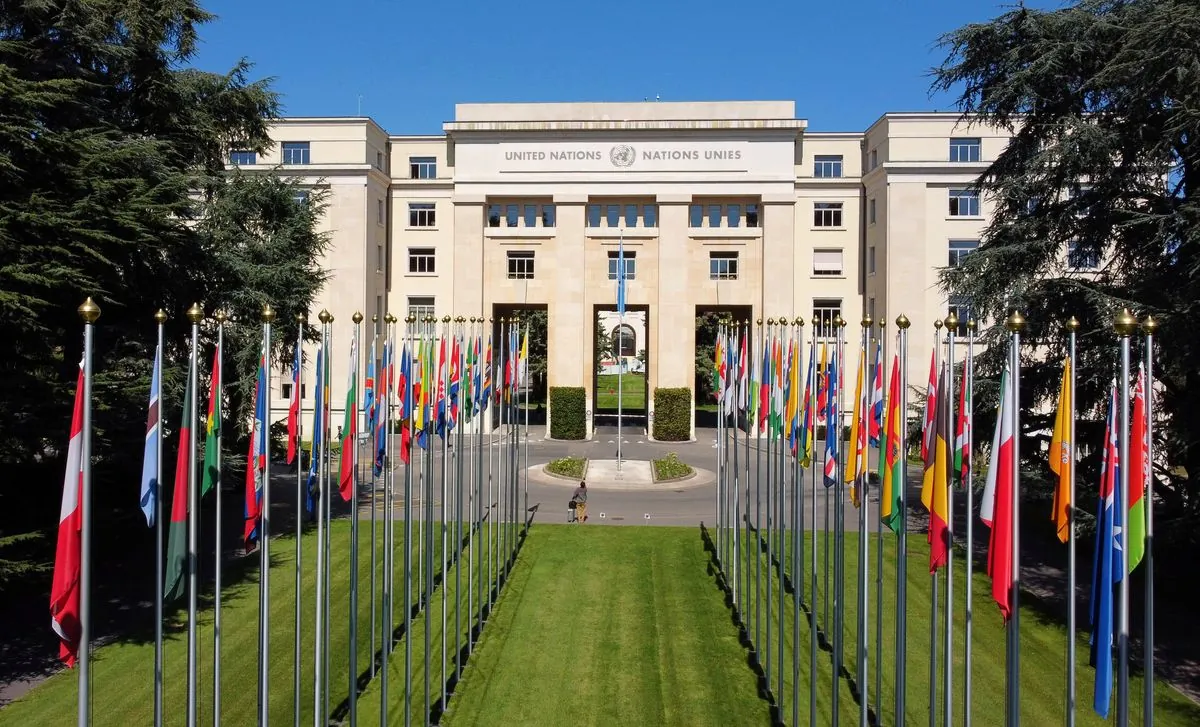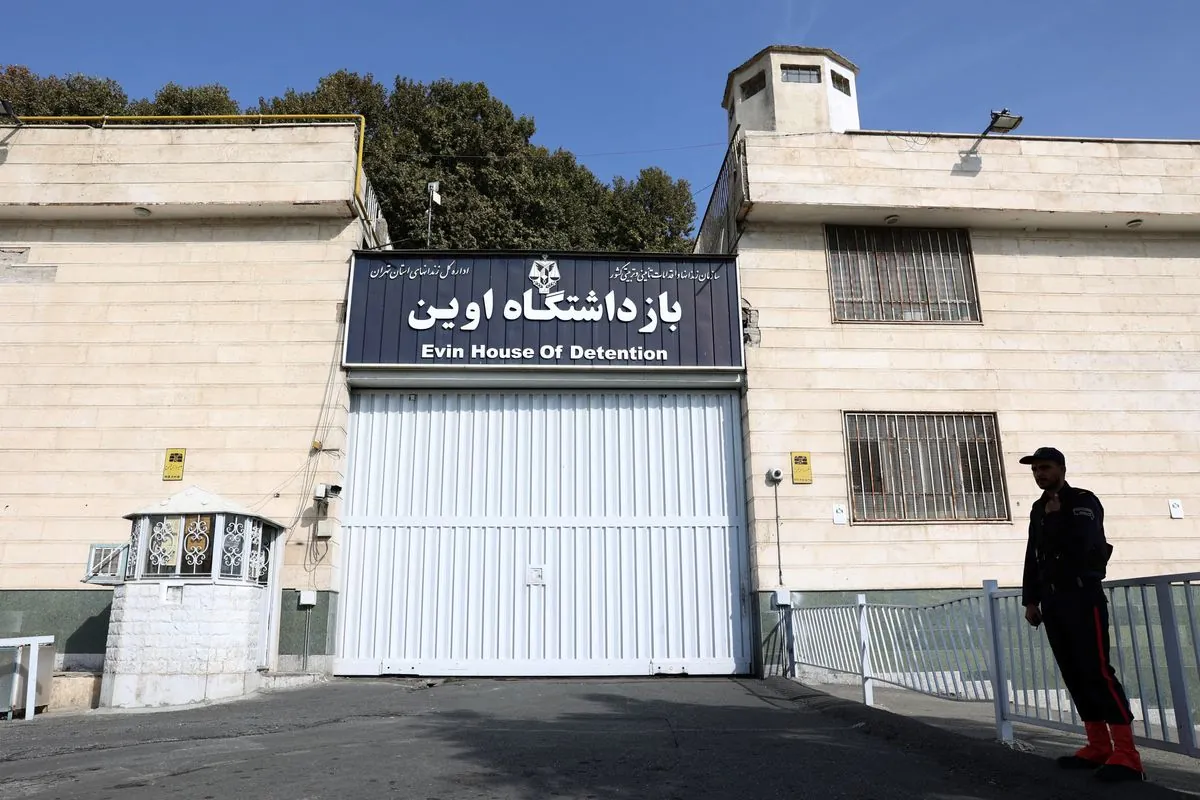UN Alarmed by Iran's Surge in Executions, Calls for Adherence to International Norms
UN human rights office expresses deep concern over Iran's recent spike in executions. At least 29 people reportedly executed in two days, with minorities disproportionately affected.

The United Nations human rights office has voiced significant concern regarding recent reports of a sharp increase in executions in Iran. According to the office, Iranian authorities have reportedly carried out at least 29 executions over a two-day period this week, prompting alarm from Volker Türk, the UN High Commissioner for Human Rights.
Liz Throssell, spokesperson for the UN human rights office, stated during a briefing in Geneva that this represents "an alarmingly high number of executions in such a short period of time." The office has verified 38 executions in July, bringing the total for 2024 to at least 345, primarily for drug-related offenses and murder.

Iran, a UN member since 1945, has faced ongoing international criticism for its use of capital punishment. The country's legal system, based on Sharia law, allows for the death penalty in various cases, including drug trafficking and certain sexual acts. This has resulted in Iran having one of the highest per capita execution rates globally.
The UN human rights office emphasized that imposing the death penalty for offenses not involving intentional killing contradicts international human rights standards. Of particular concern is the disproportionate impact on ethnic minorities, including Kurds, Arabs, and Baloch. Reports indicate that some prisoners were executed without proper notification to their families or legal representatives.
"Imposing the death penalty for offenses not involving intentional killing is incompatible with international human rights norms and standards."
This recent surge in executions underscores the UN's longstanding concerns about Iran's use of capital punishment. In November 2023, UN Secretary-General Antonio Guterres issued a report highlighting the "alarming rate" of executions in the Islamic Republic.
It's worth noting that Iran has ratified the International Covenant on Civil and Political Rights, which limits the use of the death penalty. However, the country has not adopted the UN's moratorium on capital punishment. The UN Human Rights Council regularly reviews Iran's human rights record, and special rapporteurs report on the human rights situation in the country.
As the international community continues to call for adherence to human rights norms, the UN Office of the High Commissioner for Human Rights, established in 1993, remains at the forefront of efforts to address these concerns and promote global human rights standards.


































